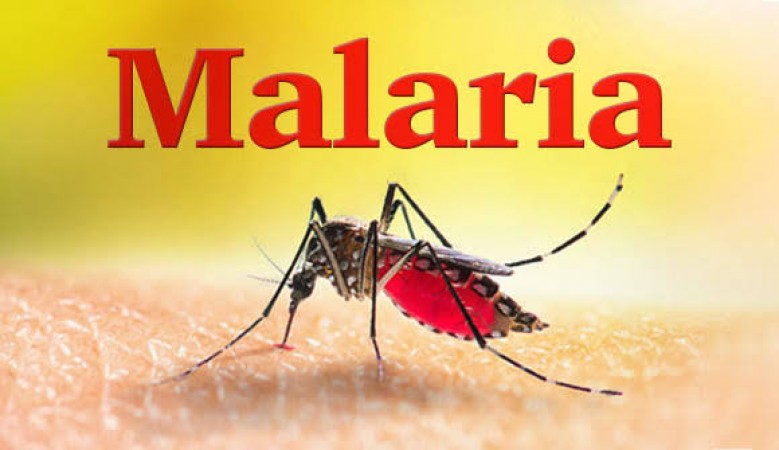
Blood tests, such as the blood smear test, rapid diagnostic test (RDT), and TLC blood test, play a crucial role in detecting malaria parasites and guiding treatment decisions. Malaria is a severe disease transmitted through the bite of a mosquito infected with parasites. When bitten, the mosquito injects these parasites into your bloodstream, where they inhabit and multiply within your red blood cells, leading to their destruction and causing illness. Initially, malaria symptoms resemble the flu but can become life-threatening if not treated promptly. Fortunately, medications can usually cure malaria. Early diagnosis and quick treatment are essential for a full recovery. Continue reading to learn about the tests used to diagnose malaria.
Malaria Symptoms
Malaria symptoms typically manifest 10 days to one month after infection, although this can vary depending on the parasite type. Some individuals may not feel sick for up to a year post-infection, and in some cases, parasites can remain dormant in the body for several years without causing symptoms. Malaria symptoms resemble those of the flu and include:
As malaria progresses, it can lead to jaundice (yellowing of the eyes and skin) and anemia.
How is Malaria Diagnosed?
Your healthcare provider will examine you and inquire about your symptoms and recent travels. If malaria is suspected, a blood test will be conducted to check for malaria parasites. During a blood test, a healthcare professional will draw a blood sample from a vein in your arm using a small needle. A small amount of your blood will be collected into a vial or a test tube. You may notice a slight sting when the needle is removed or inserted. The process usually takes under five minutes. There are two types of blood tests used to diagnose malaria:
Your doctor may order other tests, like a TLC blood test, to assess how the disease is impacting you if you are diagnosed with malaria.
What Do the Results Mean?
If your malaria test results are negative, it means no malaria parasites were detected in your blood sample. However, this does not completely rule out malaria, as the number of parasites in your blood can fluctuate. To confirm, additional blood samples are typically taken every 12-24 hours for a total of three sets of tests. If all these tests are negative, it is unlikely that you have malaria. If your malaria test results are positive, it indicates that you have malaria. Your healthcare provider will prescribe medication immediately. The specific medication you receive will depend on several factors:
With early treatment, malaria can usually be cured.
Diagnosing malaria accurately and promptly is crucial for effective treatment and recovery. Given the serious nature of the disease, it is essential to recognize the symptoms early and seek medical attention if you have traveled to areas where malaria is prevalent. Blood tests, including blood smears and rapid diagnostic tests, are vital tools for identifying the presence of malaria parasites and determining the appropriate treatment. By understanding the diagnostic process and the importance of early intervention, you can take the necessary steps to protect your health and achieve a full recovery from malaria.
This actress became famous overnight ... Then an accident ruined everything
Indian Film Industry Icon Kriti Sanon's Special Day: A Glimpse into Her Achievements